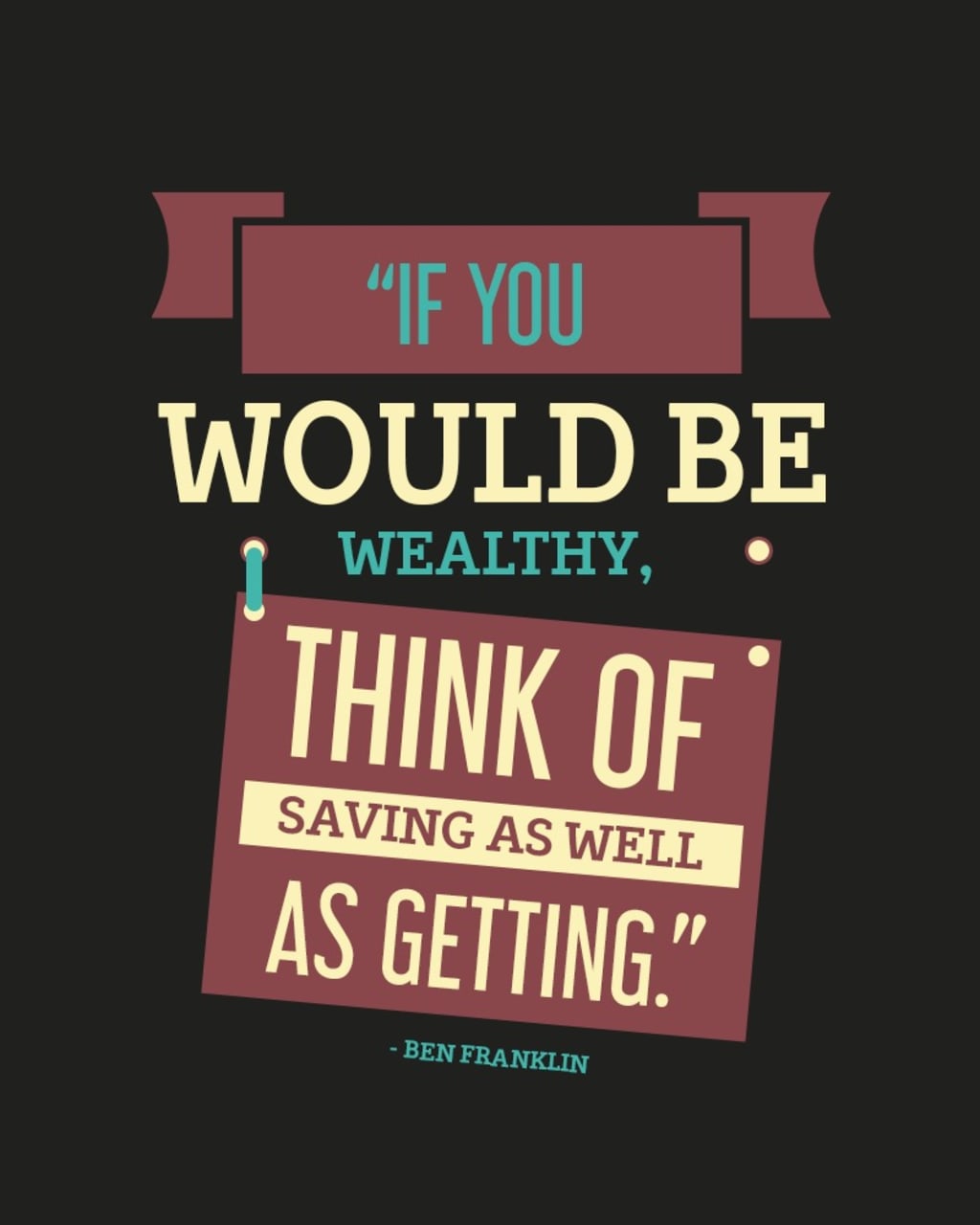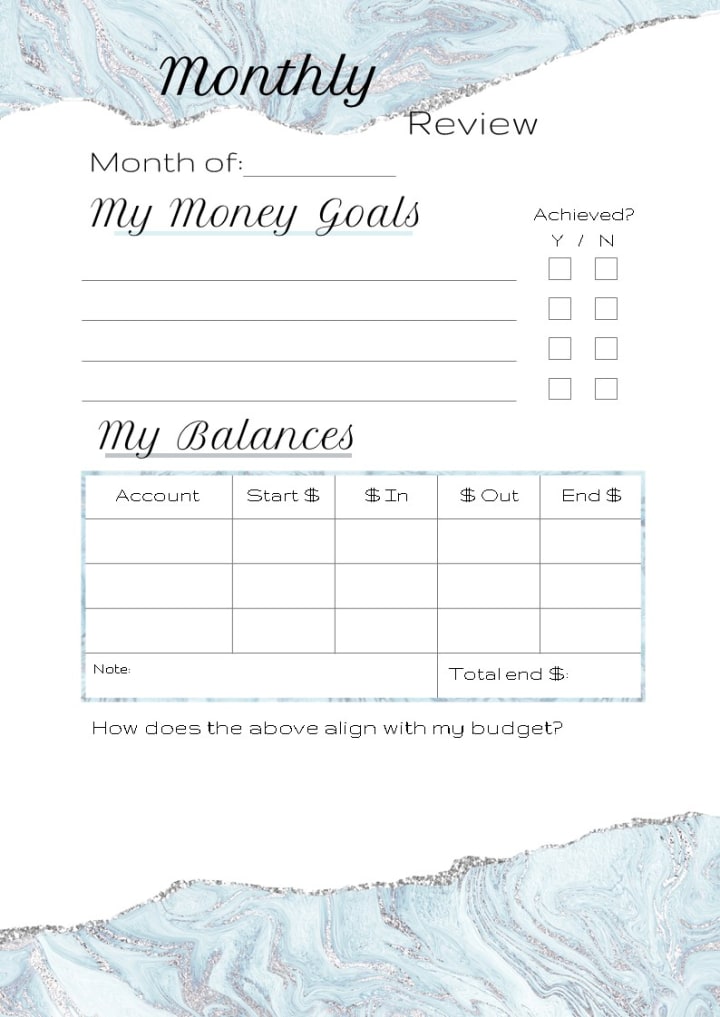Easy Come Easy Go ..Where Does it All Go ?
Simple Strategies for Money Management

Money comes in and money goes out. That’s the ebb and flow of income and expenses. Sometimes it can feel like the money has just come in and it’s already gone, which can be defeating and make you anxious.
Easy Come , Easy Go
Living paycheck-to-paycheck or client-to-client causes you to make choices you might not make under better circumstances. It can feel as though you just can’t get ahead, and you may be deluding yourself to the fact that there’s nothing you can do about it, but you can!
There are three basic strategies for money management that can stop the leaks in your bank account and help you save more, spend less, and get ahead.
There are a number of effective ways to manage your finances. The most popular of the strategies is to use a budgeting app, which can help you make sense of your expenses by categorizing them and giving you a more complete overview.
Another strategy is to create a cash-flow forecast, which is the easiest way to avoid financial stress and bankruptcy. It helps you understand what your total income will be in the next three months and what your expenses will be.
Lastly, it’s important that we don’t stop there with just these two strategies and we try and find new ways to improve our finances
Here’s how:
Strategy #1.
Have a budget. This simple but often avoided strategy really can help you save more, spend less, and get ahead.
Having a budget takes into account the income you have and the expenses you expect each month. Having a budget makes it possible to be honest about your fixed expenses and your discretionary spending.
Creating and sticking to a budget can help you be disciplined and stop yourself from getting in over your head. Make sure your budget honestly reflects your income and your spending.
You may be surprised how many things you buy that you don’t account for in a budget. Use the last three months bank records to see your spending history and make a budget based on your fixed expenses and your daily spending habits.
Strategy #2.
Keep track of spending. Once you have a budget, it’s important to keep track of your spending so you know you are staying in line with your budgeted expenses. If you have allotted $100.00 of discretionary income for incidentals, it is important to know when you are reaching that limit.
Knowing where you are day-to-day in relationship with your budget goals helps you make micro decisions about whether or not a purchase is the right idea. Keeping track also helps you make future decisions about your money. You may change a budget item — reducing or increasing your budget to accommodate for your spending patterns.
Strategy #3.
Review and analyze. Creating a budget is a fluid action.
Time and habits will show you how you spend and how easily — or not — you stick to the budget. Reviewing and analyzing your budget makes it possible to make changes.
If your fixed expenses are cutting into your discretionary income, consider changing your contracts or plans for more favorable terms. If your discretionary spending is out of hand, make commitments to reduce spending in one category to free up income for another.
Example: Consider making your own lunch three days a week instead of getting take out so you can afford a pedicure once per month.
Making financial decisions is easier when you truly know what is coming in, where it is going, and what spending habits are your priority.
Managing your money shouldn’t feel threatening or oppressive, it should feel powerful and pliable.
Why Financial Literacy is Critical
In order to get a handle on your finances, it’s important to understand the different aspects of your financial life.
It’s been recommended by many financial professionals that you should create a budget, save money, and invest in stocks and bonds. These are all good practices for a healthy personal finance situation. Despite these recommendations, there are still plenty of people who don’t follow them.
How I Use Technology to Manage My Personal Finances
To get a handle on my finances, I need to understand the different aspects of my financial life. I’ve used many types of technology tools to help me stay organized, but I found that the ones I use most are my budget planner app, budget tracker app for android, expense tracker, and invoice tracker.
How I Track My Spending Habits
If you want to save money and spend wisely, there are a few steps that you can take as mentioned in the above strategies but enforcing them into effect is most critical
First, Put your budget into effect . This will help you know how much money is coming in and going out so that you can better manage your finances.I have a sample printable here for all members ;

Second, try to find ways to save money without sacrificing too much of your lifestyle. For example, if going out to eat is not a priority for you but saving money is, then start cooking at home more often or see if there are any deals on grocery shopping by signing up for an email list or using coupons.
Lastly, try not to spend money on things that do not matter. For example, if the only thing stopping from being able to afford groceries is buying expensive coffee every morning from the coffee shop next door, then make a list and prioritize your expenses.
You might be able to afford groceries without the expensive coffee.
About the Creator
Estalontech
Estalontech is an Indie publisher with over 400 Book titles on Amazon KDP. Being a Publisher , it is normal for us to co author and brainstorm on interesting contents for this publication which we will like to share on this platform






Comments
There are no comments for this story
Be the first to respond and start the conversation.